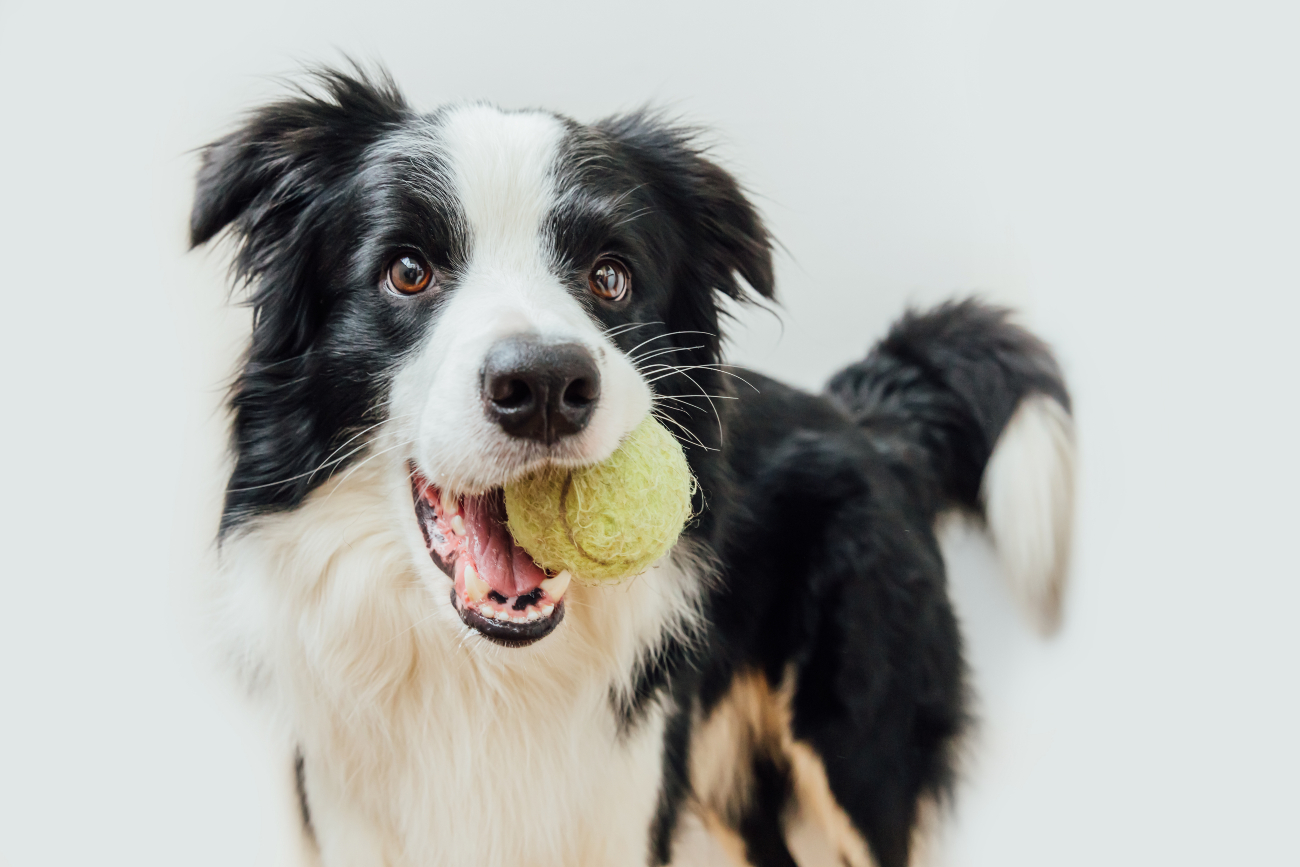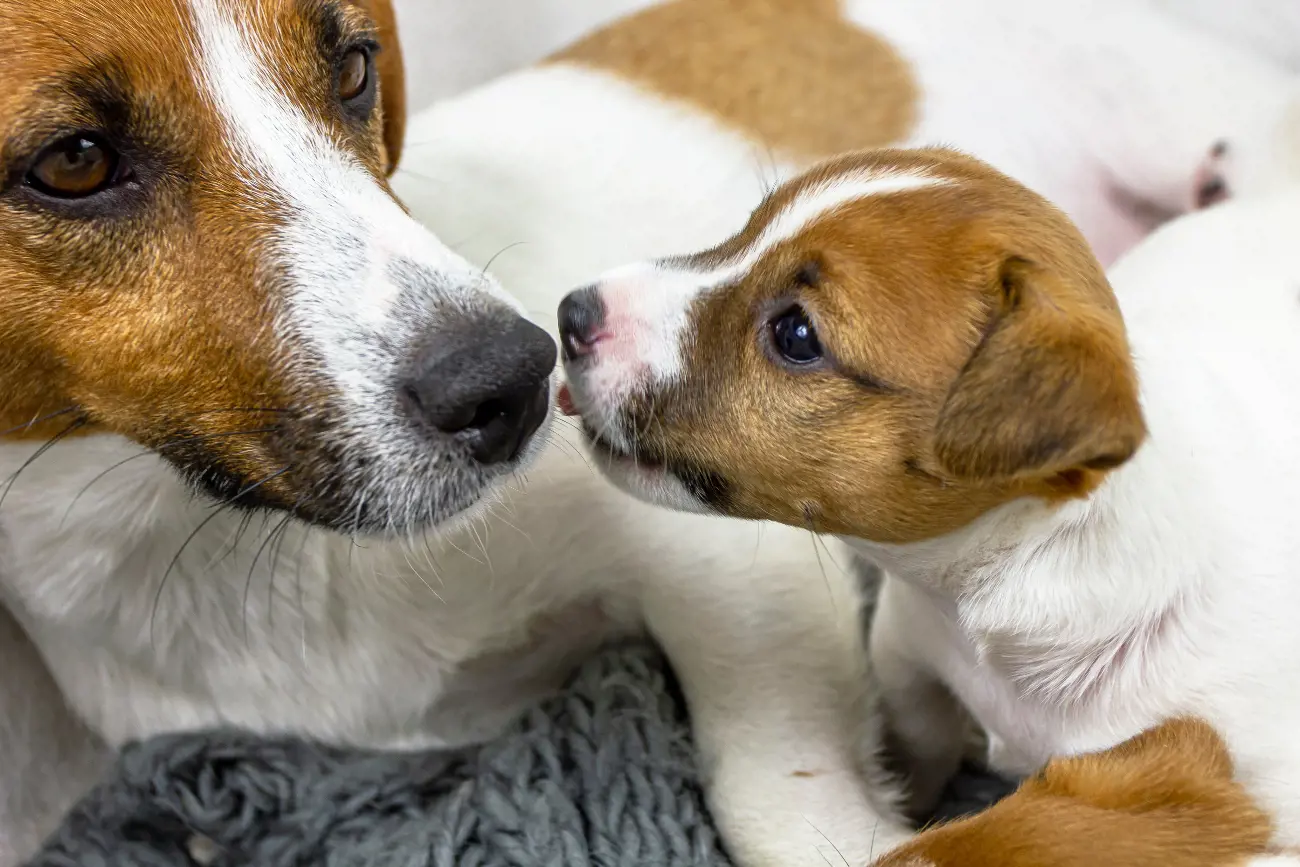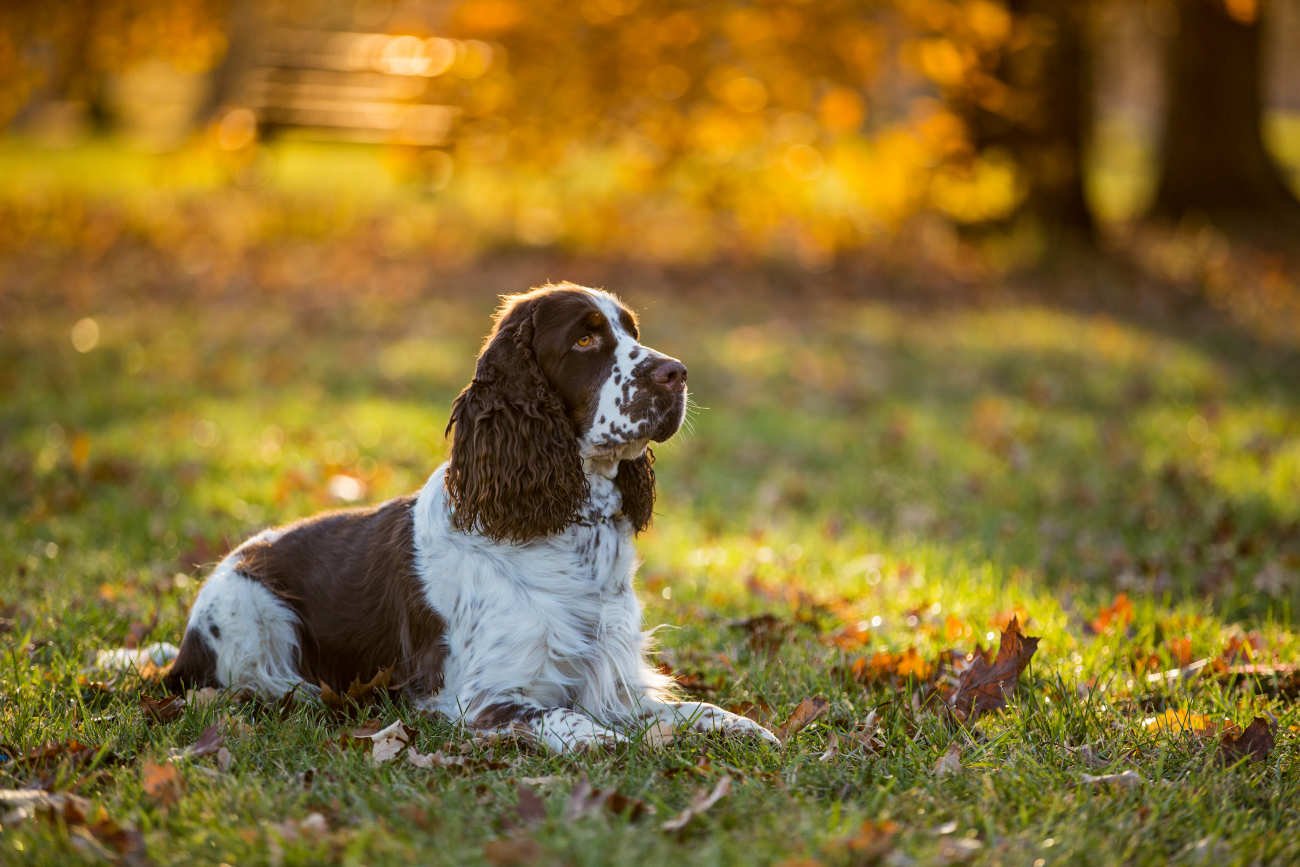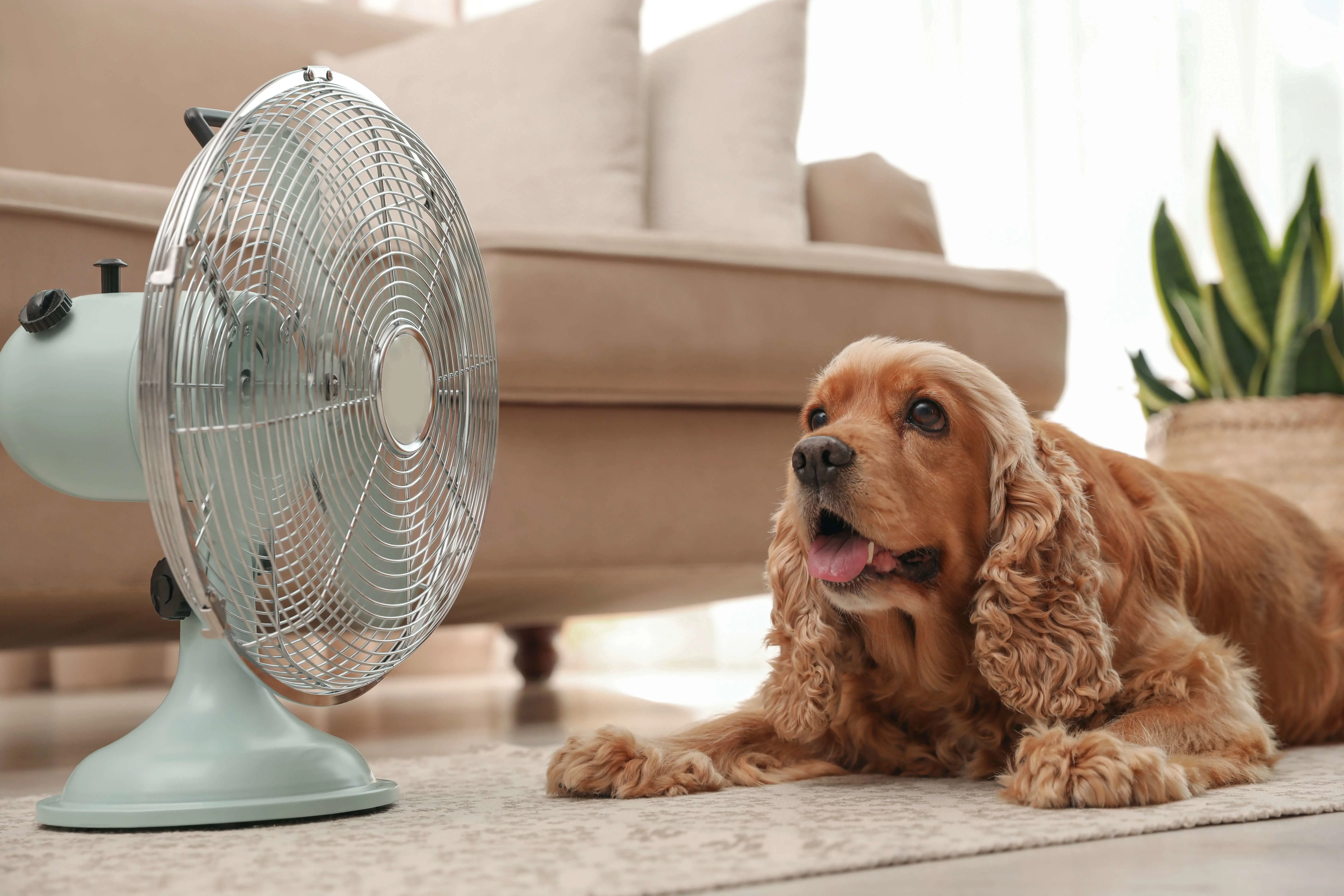What to pack in your dog's emergency bag
6th January, 2022
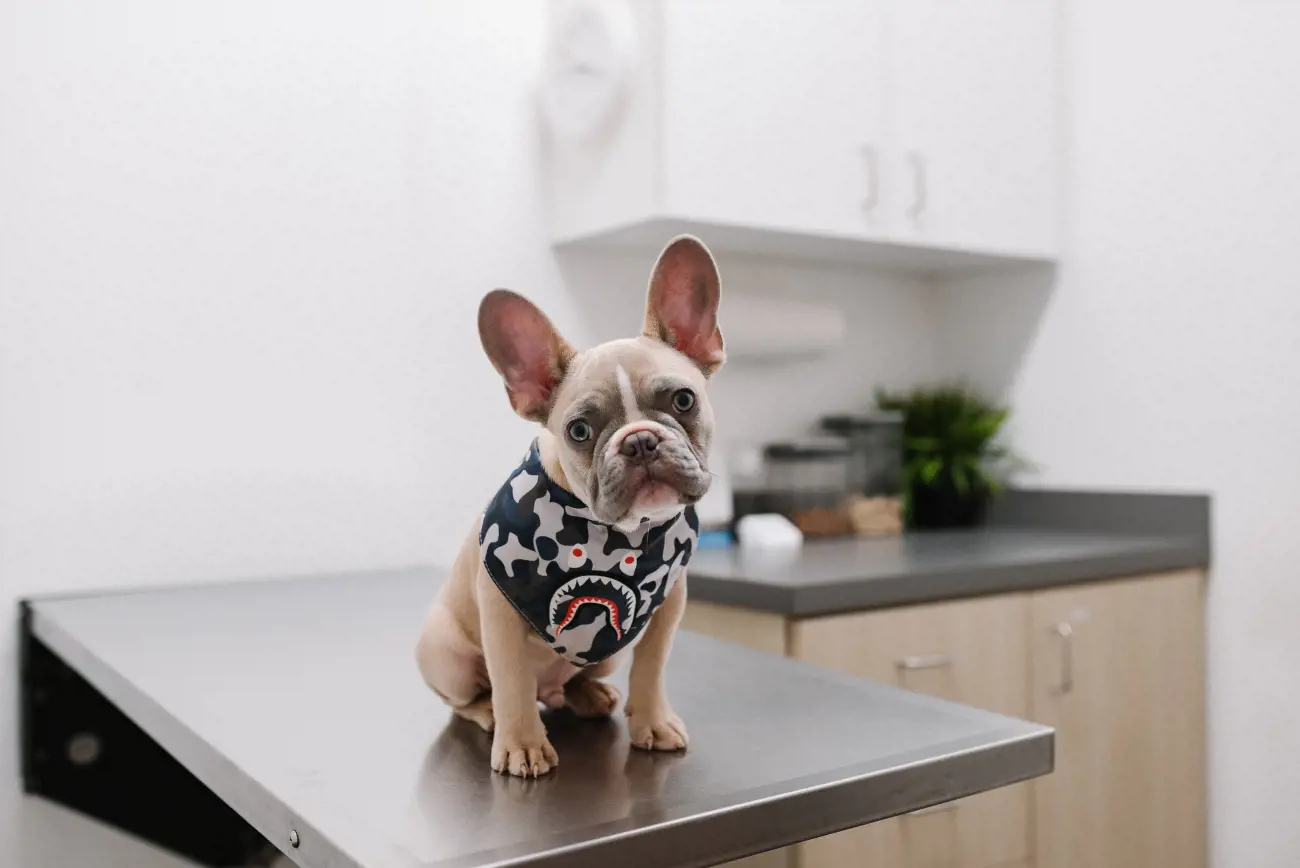
As a dog owner, you'll be familiar with the fact that our canine friends generally like life to follow a nice, comforting routine. This is, in fact, the case for many pets (and for plenty of us humans too!) but for dogs in particular, the comforts of home life are very important.
It's crucial for them to know that they'll see the same faces, get fed and exercised at the right times – and return to the same safe, warm and welcoming home every night.
Sometimes, however, that routine may be disrupted. That could be because of a medical emergency, meaning they need to spend some time in hospital. It could be that a family holiday means they have to stay at a kennel for a few weeks. Or it could be because of a more unexpected event.
The spate of winter floods in Britain in recent years, for example, has meant that we all need to be a little more prepared for a sudden, unplanned exit – both for us and our pets.
In any of these cases, it's a really good idea to have a bag packed with all the essentials that will keep your pooch happy, healthy and stress-free for the duration of his stay away from home.
Whether your pet is at home or away, pet insurance will help you cover the costs of any treatment they might need as a result of illness or accident. Get a quote from Purely Pets today and see how much you could save.
Here’s a list of essentials to have ready in your dog's emergency going-away bag.
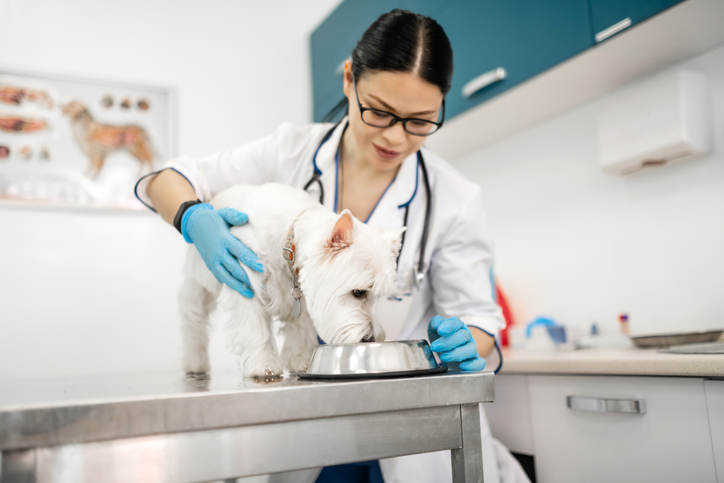
Food
An absence of food, for any length of time, is likely to increase your dog's anxiety levels. So make sure that, whatever else might be going on for them, they have enough to eat.
How much is enough? Well, you want to give them a decent bit of backup, in the event that they're away from you for a longer period – or you're not able to get to a shop for a while. Then again, you don't want to overload your emergency bag!
Given this, we'd suggest around two to three days of food – enough to keep your dog going until you can replenish supplies. If you're packing dry food, be sure to keep it in a sealed bag or airtight box.
Medication
If your dog is on any medication, this will need to be included in their emergency bag. Obviously you may not be able to pack it ahead of time: the simplest rule of thumb is to have it somewhere within easy reach, in case you ever need to grab it quickly for a swift exit.
Make sure that wherever you are keeping your dog’s meds is somewhere well out of reach from your dog and other pets, as well as any young children in the household. Medicines, whether destined for humans or animals, can be extremely harmful to pets if ingested, as we learned recently.
Their favourite toys
We all know how emotional dogs can get if they're in an unfamiliar situation or they can sense that things are not all well. Being away from home in an unfamiliar place is likely to be challenging for them, so all you can do to engage their brain will be a huge help.
Bringing a few of their favourite toys has the double advantage of providing some distraction – and reminding them of home. A toy that releases a treat may be most welcome of all!
A blanket
Most dogs will have a few things that they love because they are closely associated with their comfortable home life. And a nice snuggly blanket is usually near the top of this list. It's likely that your dog will have a particular blanket they love to snuggle down in after a long walk, or curl up to sleep on at night. This blanket should be one of the first things that goes into your dog's emergency bag.
Bowls
A couple of bowls are good to have in your emergency bag, as you may need something for your dog to eat and drink from. If space is at a premium, collapsible bowls might be the answer.
Water
It'll be important to keep your dog hydrated during this time, so some sealed water bottles will be useful. Check that the water is still in date and, if you're refilling empty bottles, make sure the water in there is fresh – don’t leave it lying around for days on end, or else it could give your pup an upset stomach.
First aid supplies
Have a first aid kit handy – either a readymade kit or one you have put together yourself. This helpful article elsewhere on our blog gives you some good basic first aid training for dogs.
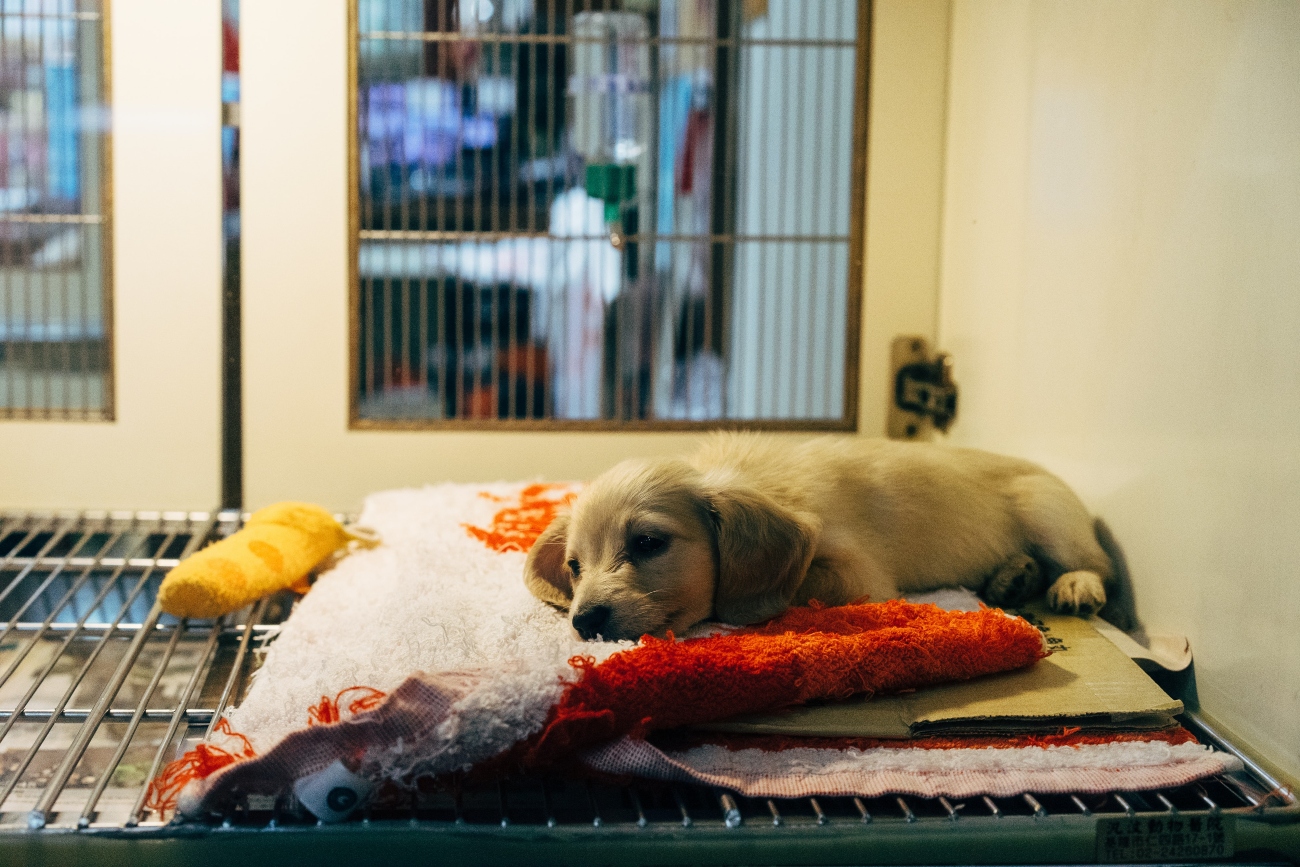
Your dog's key information
It could be crucial to have your dog’s key statistics and personal information to hand. These should include your own contact details and those of your vet. You should also have a note of your dog’s microchip information, including the name and number of the company who holds your dog’s number on their database.
Other essential info to have to hand includes any medication they are currently on, along with the relevant dosage instructions. Their feeding schedule should also be included so that anyone in temporary care of your dog knows what, and how often, to feed them. If they’re allergic to anything, include this information, too. And lastly, you may want to include details of your pet cover policy.
A comb or brush
This will be mostly relevant to dogs with longer coats, which can easily get tangled if they’re not brushed regularly. Grooming your dog not only helps to keep their fur in tip top condition, it also helps to relax your dog if they are stressed. Grooming builds the bond between you, too, so should be done on a regular basis.
Spare essentials
A spare lead, plenty of poo bags, perhaps even a spare collar – these could all come in handy if your dog is likely to be away from home for any length of time. Especially if they’re staying with a family who doesn’t have a dog of its own.
Pet carrier
Make sure your pet carrier is stored somewhere that you can get to easily should you and your dog ever need to get out of the house swiftly. Make regular checks of the carrier, to make sure that it’s working properly – that the clasps are closing tightly, handles are not fraying or damaged and so on.
A coat
Especially during the colder months, you have no guarantee that the place your dog is going to be spending some time – hospital, hotel or wherever – will be as toasty warm as your own house. So, to make sure they feel as comfortable and cosy as possible, pack their winter coat if they’re in the habit of wearing one.
How to make sure your dog is happy away from home
Being away from home – whether with you, or much more so without you – can be an anxious time for a dog. Naturally sociable and loyal, canines thrive on being near their owners and the people who love, feed and exercise them.
Being in unfamiliar surroundings can be an alarming experience for a dog – one that they can take a little time to recover from.
Thankfully, there are ways to soothe and calm your dog during a period of absence from you.
- Train your dog to settle and be calm when you are busy around the house, rather than following you around and demanding attention.
- Bit by bit, increase the time that you leave them alone while you’re in the house, as well as the time periods for which you are absent from the home. But never leave them alone for more than four hours at a time.
- Build some time apart into your daily routine. You should do this slowly, and also give it some positive associations – perhaps your dog gets a treat when you return. If they are showing signs of anxiety, reduce the time apart a little.
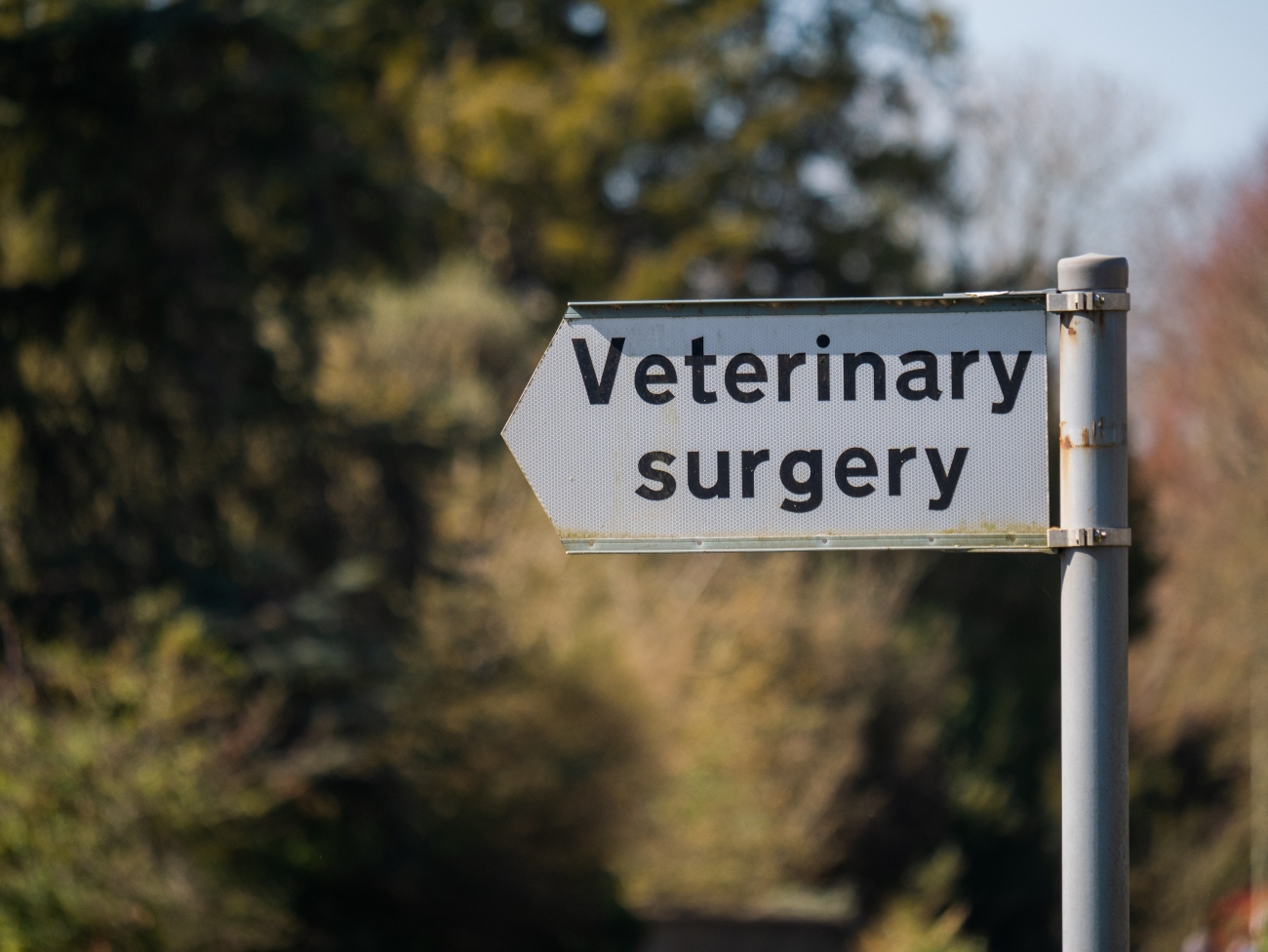
Recognising the first signs of stress in your dog
No matter how well you prepare your dog for a time away from home, it may well be a stressful time for them. Look out for any behaviours that indicate undue stress or anxiety in your pet. These might include:
- Destroying things around the home
- Making more noise than usual
- Panting and/or licking their lips
- Pacing
- Yawning
- Urinating
If your dog is showing any of these signs, they are clearly feeling anxious about something. They may even have picked up some clue about what's coming. Perhaps they've noticed the emergency bag, and are aware that some time away from home is on the way. If they do seem anxious, do all you can to reassure them and, once again, build in any positive associations that you can.
If your dog displays any prolonged signs of anxiety, you may want to check in with your vet. The cost of any treatments may be covered, entirely or in part, by your dog insurance.
Preparing your dog for a hospital visit
If your dog has a hospital visit and/or surgery coming up, it can be a stressful time for both you and your pet. For one thing, there's quite a lot to remember. Is your dog allowed to eat – and if so, how often? Are there any special medications he should be taking before surgery? Does your existing insurance cover some or all of the costs involved?
Don't worry – your vet will give you all the instructions you need to prepare your pet properly. You can also help by preparing in a few small, but important ways.
For example, if you frequently take your dog to be groomed, or if you give them regular baths, you might want to make sure you do these things a few days before any medical procedure. The reason for this is that you may not be able to do these things in the days immediately afterwards – you will probably be asked to keep any incisions dry for a few days after the operation.
When it comes to the night before surgery, it's a good idea to discuss what to do with your vet. Make sure you're clear on key questions such as:
- Is your dog permitted to take their usual medications?
- Can they exercise as normal the day before surgery?
- When must they stop eating or drinking?
Also make sure you have a nice area in the house where your pet can come home and feel safe. They may need to be separated from any other pets you have in the house, and you may need to ensure that any vital medications and / or modifications to their diet are ready. It might also be a good idea to wash their bedding: this will help to lower the risk of infection.
Helpful Pages
Recent Posts
Pet Insurance Quote
- 98% claims paid *
- Claims paid directly to vets
- 24/7 vet video consultations
- Interest free monthly payments

